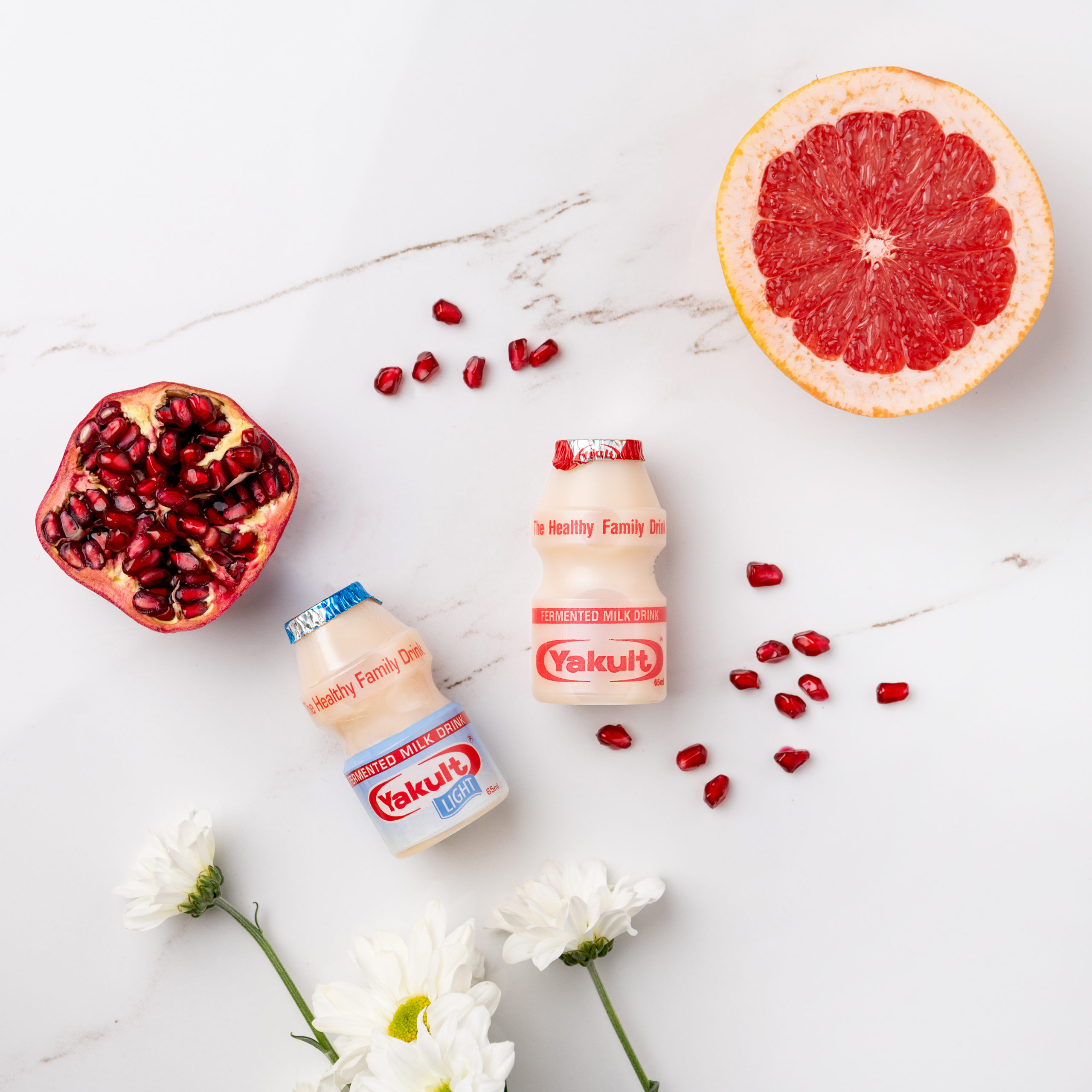As we grow older our body changes. Our body begins to focus on maintenance rather than growing. So, how do nutrients help with this?
Nutrients play a vital role in the development and maintenance of the body’s functions. It nourishes our body and gives us energy for everyday life activities. All nutrients are important for our body however there are specific ones to focus on as we age. This is because our body unable to retain or produce these nutrients the way it used to.
These include:
Vitamin D
As we age, our vitamin D production reduces. This may be due to:
- A decrease in provitamin D3 which is found in the outermost layer of our skin and ultimately leads to the conversion of vitamin D.
- A decreased response in the skin from the UV light from the sun.
- Spending less time outdoors compared to when we were younger.
Calcium:
As we live longer, our balance and stability weaken therefore, we are more likely to fall and increase risk of fractures. Regular calcium intake will maintain our bone structure and reduce the risk of fractures and Osteoporosis. The National Health and Medical Research Council (NHMRC) suggest teenagers should aim for 1300mg of calcium intake per day. However, as we age the recommended daily intake lowers to 1000mg per day as our body prioritises maintenance. Excellent food sources for calcium intake include dairy products such as milk, yoghurt and cheese. Vegan options include soy milk, chia seeds and almonds.
We know that Calcium and Vitamin D is important for maintaining our bone health but what about our digestive system?
Calcium and Vitamin D in the digestive system:
To maintain balance in our digestive system, it is important to maintain consistent Calcium and Vitamin D intake.
Calcium has been shown to regulate the fluid transportation in the colon. The colon is vital for fluid absorption and moving feces to the rectum.
Did you know that the colon is also known as the large intestine?
Vitamin D has been shown to improve the intestinal microbiota and restore the good bacteria in our intestines. It can also reduce gastrointestinal inflammation. Studies showed that participants with higher Vitamin D levels had a lower risk of inflammatory bowel diseases such as Crohn’s disease.
How else can we better our gut microbiome?
- Exercise
- Regular exercise has been shown to increase the beneficial bacteria in our intestines that play a role in the production of short chain fatty acids (SCFA). These SCFA’s decrease the risk factors of inflammatory diseases such as obesity and diabetes.
- Sleep
- Lack of sleep can affect the diversity and composition of good bacteria in our intestines
- The lack of sleep also cause stress which create negative changes in our intestinal microbiome. We may experience bloating, inflammation and increased food sensitivities.
- Probiotics
Yakult!
Yakult is a fermented milk drink filled with live beneficial bacteria known as Lactobacillus casei Shirota strain (LcS).
With over 80 years of research to show, Yakult can survive to reach the intestines alive where it positively alters the bacteria in the gut, to improve stool consistency keeping us feeling good from the inside out!
Curious to know what Yakult tastes like? Press the link below to find out!
https://www.yakult.com.au/news/flavour-of-yakult/














